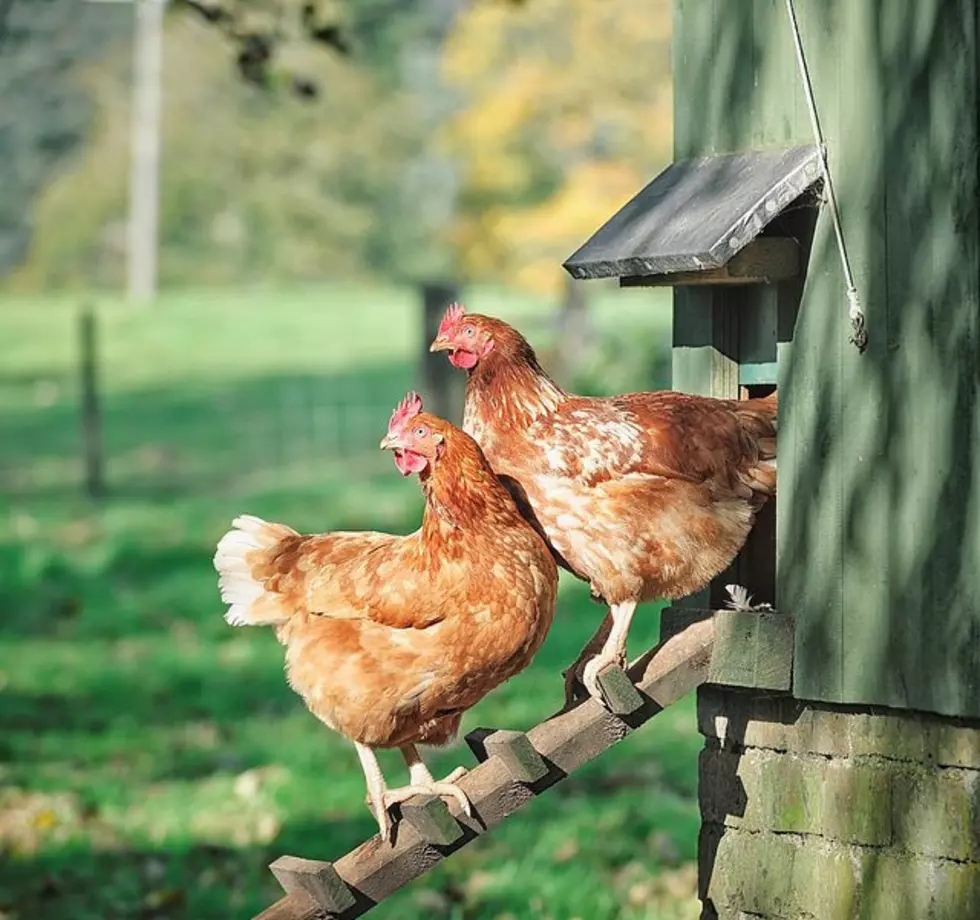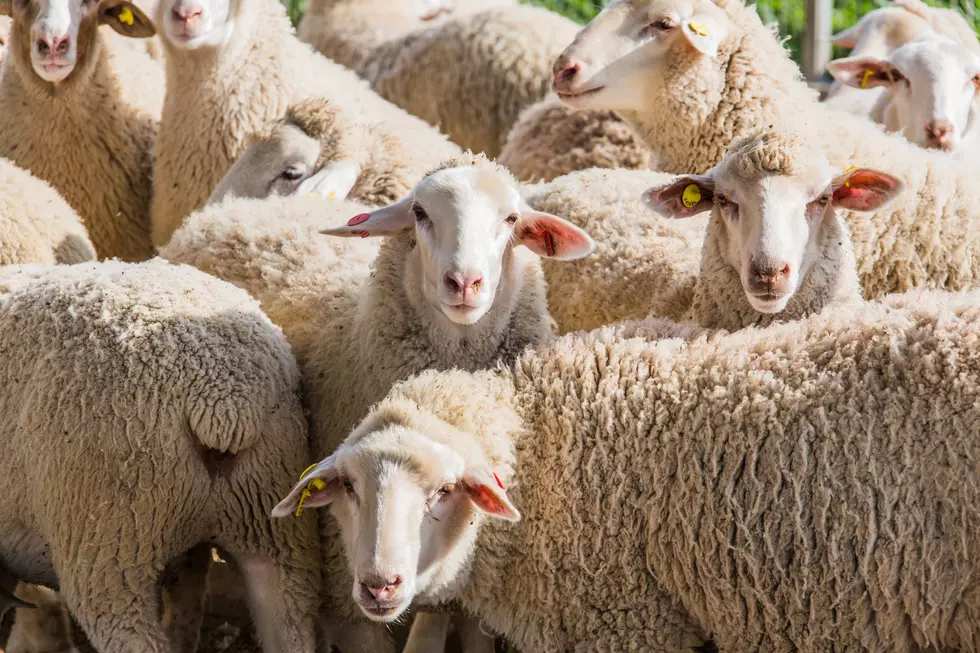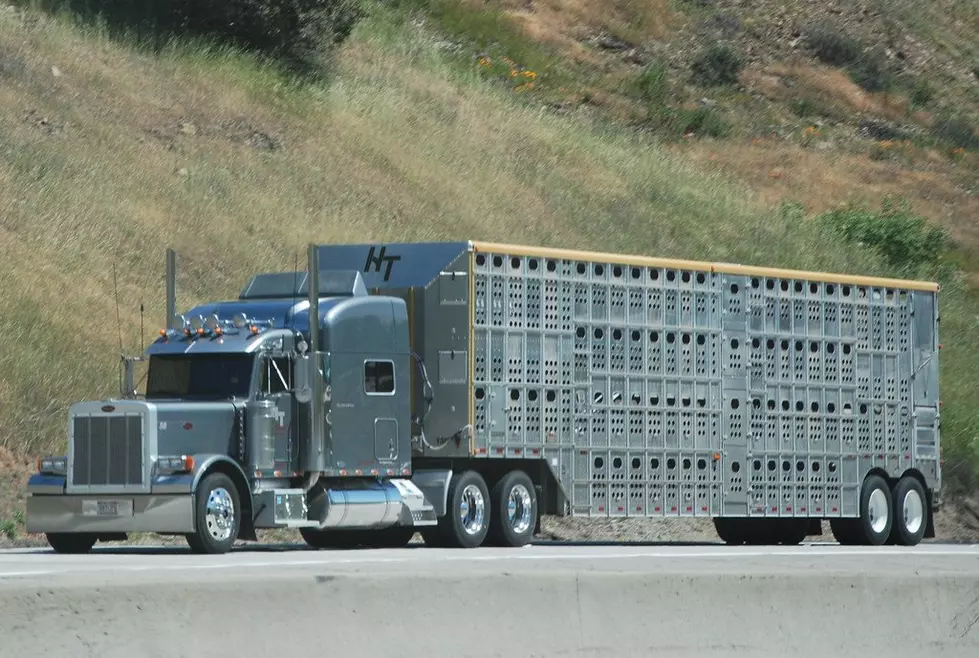
Do Those Sheep Have a Passport?
Effective immediately, the U.S. Department of Agriculture’s Agriculture and Plant Health Inspection Service is implementing updated import and health certification requirements for live sheep and goats imported from Canada for restricted feeding for slaughter.
Updates reflect new requirements put in place with the publication of the Final Rule for the Importation of Sheep, Goats and Certain Other Ruminants and subsequent codification in 9 CFR 93.400. Restricted feeder sheep and goats may only be imported to an APHIS-approved designated feedlot*, where they must remain until they are moved under official seal to an APHIS-approved immediate slaughter facility eligible to receive Canadian origin sheep and goats for slaughter.
Importers must obtain a USDA import permit, and provide required supporting documentation as outlined on the Live Animal Imports webpage when submitting the permit application, and before the permit can be approved. Post-entry requirements pertaining to animal traceback, restricted movement of imported animals and record keeping will apply and must be met by the designated feedlot operator. The import requirements and post-entry requirements can be found on the Live Animal Imports website.
*There are currently no APHIS-approved designated feedlots. Imports of restricted feeder sheep and goats will not be allowed unless and until there is an APHIS-approved designated feedlot to receive them. The initial point of contact for a facility interested in becoming an approved designated feedlot to receive Canadian sheep and goats for restricted feeding for slaughter is the local VS Field Operations District Office.
For any questions, please contact Dr. Mary Kate Anderson at 301-851-3300, Option 2 or email: LAIE@usda.gov.
Source: American Sheep Industry Association, USDA APHIS
The 5 Best Places to Dig for Fossils in Washington State
More From PNW Ag Network









